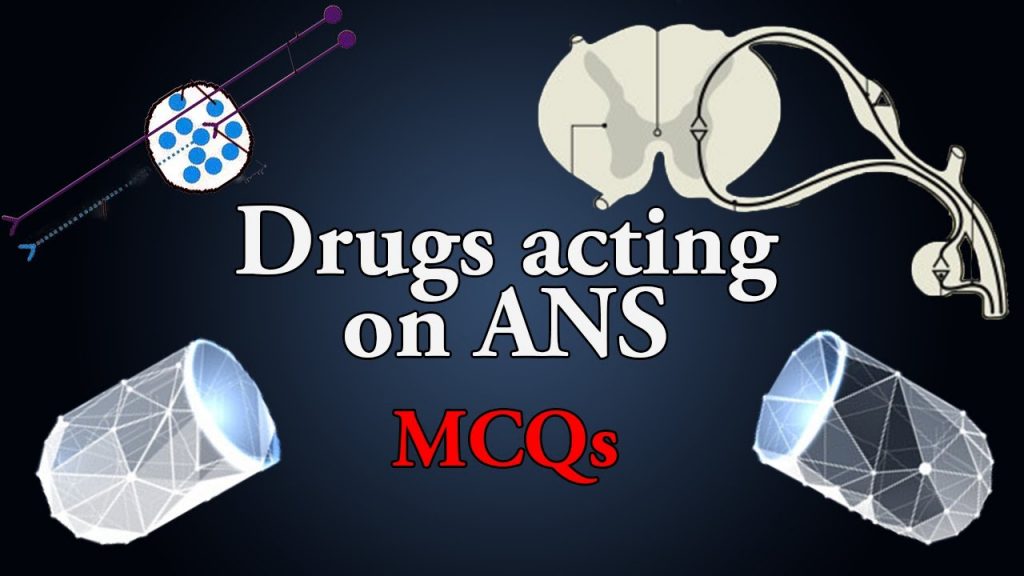- February 4, 2021
- 9:26 am
-
Hassan
ANS Pharmacology
The ANS plays an important role in the control of the internal organs including the heart, lungs, gastrointestinal tract and vasculature. Drugs which target the autonomic nervous system are, therefore, useful in the treatment of a range of conditions such as hypertension; gastrointestinal disturbances and asthma. An understanding of how drugs can interact with the autonomic nervous system allows us to appreciate the therapeutic uses of these drugs, and to predict their likely adverse effects.
Autacoids and Inflammation
Autacoids refer to the biological factors that work like hormones and are released from body cells in response to various types of stimulations to prompt physiological responses such as treatment of a local injury or other ailments. Any imbalance in the release, synthesis, or transduction system associated with these temporarily formed biological agents trigger pathological conditions such as allergy, inflammation, and hypersensitivity. Autacoids antagonists are prescribed for the prevention of such undesirable changes to the body in response to imbalance in the operation of autacoids.
Sedatives and Hypnotics
Sedative-hypnotics are a class of drugs that cause a dose-dependent depression of the CNS function, inducing sedation, sleep, and unconsciousness with increasing dose. Agents in this class of drugs include benzodiazepines, barbiturates, and melatonin agonists. Most of the sedative-hypnotic drugs affect GABAergic transmission, increasing the inhibition of neuronal excitability, except for melatonin agonists, which act on hypothalamic melatonin receptors. Sedative-hypnotic drugs are used as anxiolytics, sedatives, muscle relaxants, anesthetics, and anticonvulsants.


